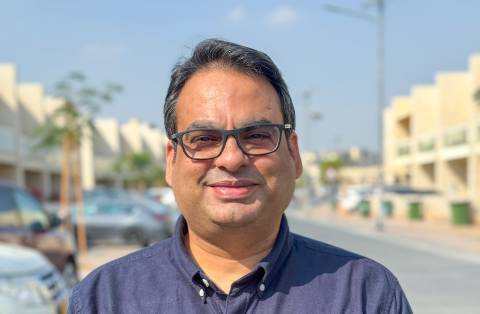Corruption: an evil cancer in the security of democratic systems
Russia’s alleged undermining of the recent US election by cyber-tampering raises questions about the security of democratic systems and their susceptibility to corruption. It also highlights the power and behaviour of corrupt systems. Nick Kochan discusses.
The politics of Putin are undoubtedly based on covert deals and backhanders between former and current intelligence officials. This clique manages power via relationships that are unaccountable and largely based on economic protection and self-enrichment.
These individuals live in a state of paranoia and fear. They enjoy cushioned lives, but rely on the complicity of their own people. They also look for like-minded individuals and parties outside their own clique for support, who understand their position.
Enter here many foreign politicians who are equally detached from their people, equally open to blandishments and secret deals. This is the context, in my opinion, to the cosying up that we are seeing between Russia and the United States (under its new president-elect, Donald Trump) and France in the West; likewise, in the cosying up between Russia and Hungary, Romania and Serbia (to name but a few in Central Europe).
Where corrupt blandishments of this kind prevail, we see strange and non-transparent decisions. Let me mention just one. It continues to puzzle many observers of Romanian politics why the Directorate for the Investigation of Organised Crime and Terrorism (DIICOT), Romania’s commercial police agency, re-opened an investigation of Rompetrol, citing events that occurred 13 years earlier.
No explanation was given for the new probe, but some wonder if was dictated by Russia, a good friend of the Romanian government. Rompetrol, which is owned by the Kazakh company KMGI, was set to sell its Romanian energy investment to a Chinese company, and those who see the Kremlin’s secret hand will wonder whether they are looking for a role in deal for Gazprom, whose share of the Romanian energy market has been massively curbed.
Secretive deals between state agencies and state companies are the stuff of corruption and few could argue that there are questions over this deal.
Corruption, as we can see, is a cancer at the core of an increasing number of societies. It undermines trust in public officials and makes for unreliable decisions about state expenditure. Worse than that, corruption risks exposing lowly-paid public individuals to compromise and so corruption has the potential to undermine a state’s security and weaken democratic systems. Foreign states will target corrupt or corruptible individuals.
Corrupt individuals secure their positions by buying the silence of others. So corruption pulls others into their web, making them complicit in the secretive act. The corrupt individual can be blackmailed.
The corruption at the heart of the Russian political system is now seen to spread through the internet to other political systems, not least in the United States.
Corrupt individuals rely on the corruptibility of the system to perpetuate their schemes. It is particularly corrosive. The corrupt individual is only stopped by the individual or system that is not susceptible to corruption and will not be bought. Those honest individuals prevent the would-be briber with a brick wall.
Where corruption is rampant, such honest individuals are a very potent threat. But that also means that they are putting themselves at great risk.
Corrupt politicians run up against more transparent parties and individuals who threaten their secretive practices, in the same way that they are better able to work with politicians and find themselves opposed to. It is no coincidence that hackers from the Russian secret service targeted the Democratic Party – corruption grows where state systems are devalued, public staff underpaid, accountability flawed.
Rolling back the tide of corruption becomes harder the more individuals are pulled into its web. Those holding power use intelligence to obtain their goals by threatening opponents with revelations about their corrupt activities.
The world is no Garden of Eden, but once a bite is taken out of the poisonous apple, the body quickly becomes weakened. My greatest fear is that the world’s body politic is so weakened, that the fight back to health will be long and hard.
[su_button url=”https://www.securitynewsdesk.com/newspaper/” target=”blank” style=”flat” background=”#df2027″ color=”#ffffff” size=”10″ radius=”20″ icon=”icon: arrow-circle-right”]To read more stories from the Newspaper click here[/su_button]













